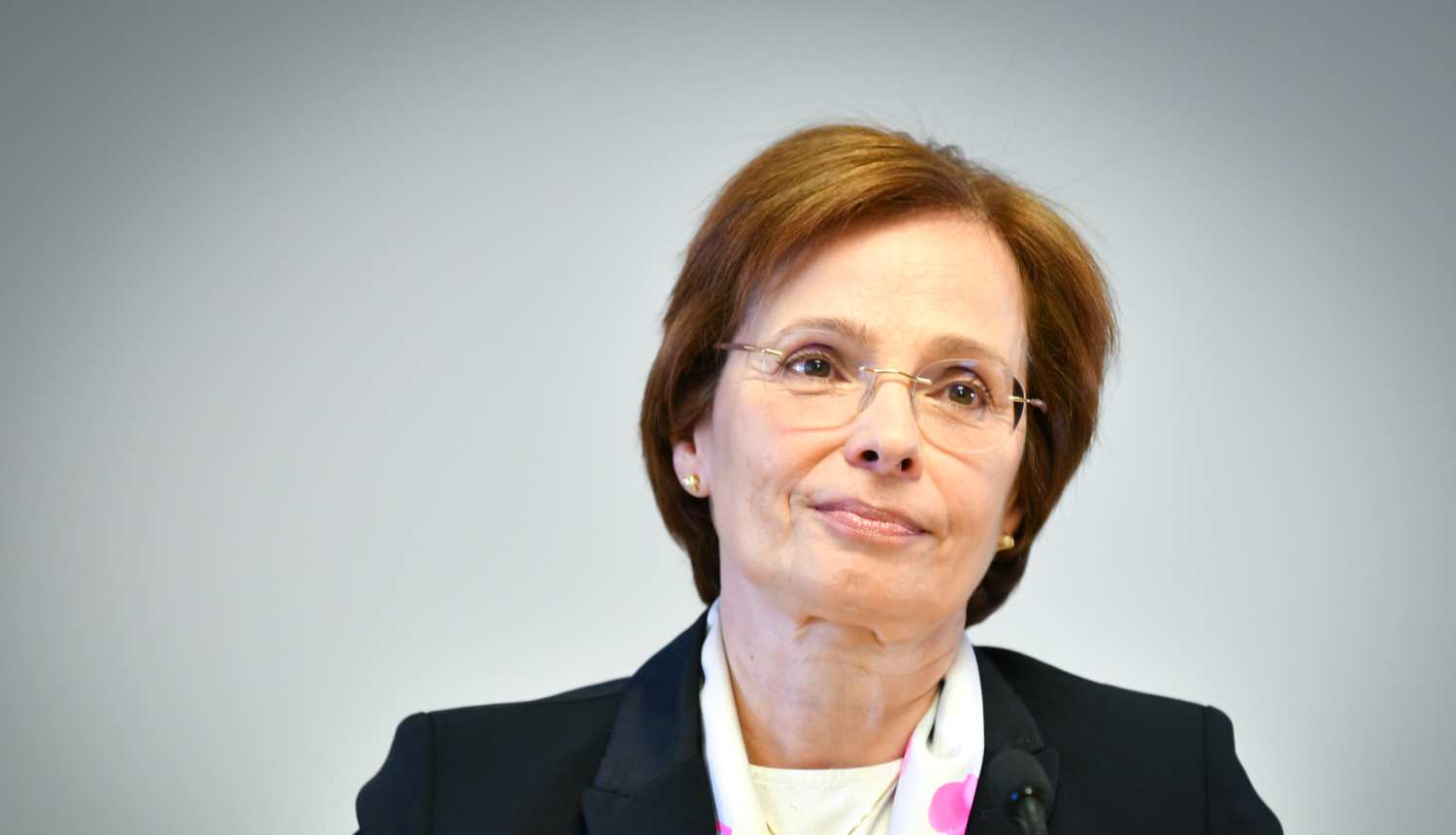Good morning dear colleagues, dear participants of the conference,
‘I have had enough with this pandemic. I want my life back!’
This and similar opinions have recently dominated private and professional communication, public and social media, minds of young and old.
This very natural desire, however, is childish and goes against the flow of time. It is not possible to go back in time, although it may seem very appealing from today’s perspective.
We must focus on today – the pandemic is real. And it will continue to make our life hard for a while. We do not know how long.
Experts gathered here will attempt to look at the negative impact of the pandemic on mental health of children and young people to suggest best approaches and treatment for reducing and preventing bad consequences according to evidence based practices from around the world.
I want to thank Liene Dambiņa, Chair of Children’s University Hospital Fund, Valdis Ābols, Manager of the Children’s University Hospital, and Children and Youth Resource Centre for their commitment and a wonderfully-organised conference.
Contrary to the above belief, participants of the conference are here to make a difference today and tomorrow.
Children and youth are the future of any country. Their physical and mental health is key for continuity of the state.
Unlike most adults, children and adolescents are yet to learn various coping techniques when under stress. They are in the so-called ‘transition zone’ between childhood safety, which unfortunately is not available to far too many children in the world for one reason or another, and numerous responsibilities of an adult life.
When exposed to stress, small children try to cope with it through emotional somatisation. All mothers, for example, know that young children often complain about stomach aches when worried or sad.
Adolescents, on the other hand, let their emotions erupt through somewhat extreme reactions directed at objects, peers and family, themselves. Often they fall into the other extreme and become constantly sad and drift away from their family and friends.
Coming of age is often associated with very strong emotional outbursts – pleasant and not so pleasant. Acceptable and horrifying changes in appearance, hormones and metabolism are also common.
Young people today are also experiencing adult anxiety about future and social consequences of restrictions against the pandemic. All of them combined can lead to serious mental health issues.
If someone starts drowning while swimming in lake, they will cry for help. If someone gets symptoms of a stroke, their family will call an ambulance. We see and know that these people need help, so we help them.
Children and youths are not that good at sending clear and overt signals. It is, first of all, important to recognise their cry for help, take it serious and then try to help.
Latvian children and youths can access help from Children’s Hospital Psychiatry Clinic and youth resource centres in Riga, Daugavpils, Liepāja, Valmiera and Ventspils.
It is clear that there should be no stigmatisation of mental health issues and treatment. Stigma may make children and young people apprehensive and feel pushed away when they are desperately seeking help.
I do not think I have to even mention all the different reactions children and adolescents had to confusing pandemic and restrictions imposed because of it. List of therapies discovered and tested over the years is also impressive.
But there is one important piece of advice that World Health Organisation has given to children and youth psychiatry and psychology associations. Limiting uncontrolled information overflow on various media and following expert advice is vital for maintaining children, youth and adult mental health during the pandemic.
I certainly will. I am looking forward to discussion and recommendations you produce today. As obstetrician-gynaecologist I have special interest in the subject.
I wish you a productive discussion and clear answers to questions linked to helping children, youth, parents and everyone living in Latvia live better.
Thank you!




